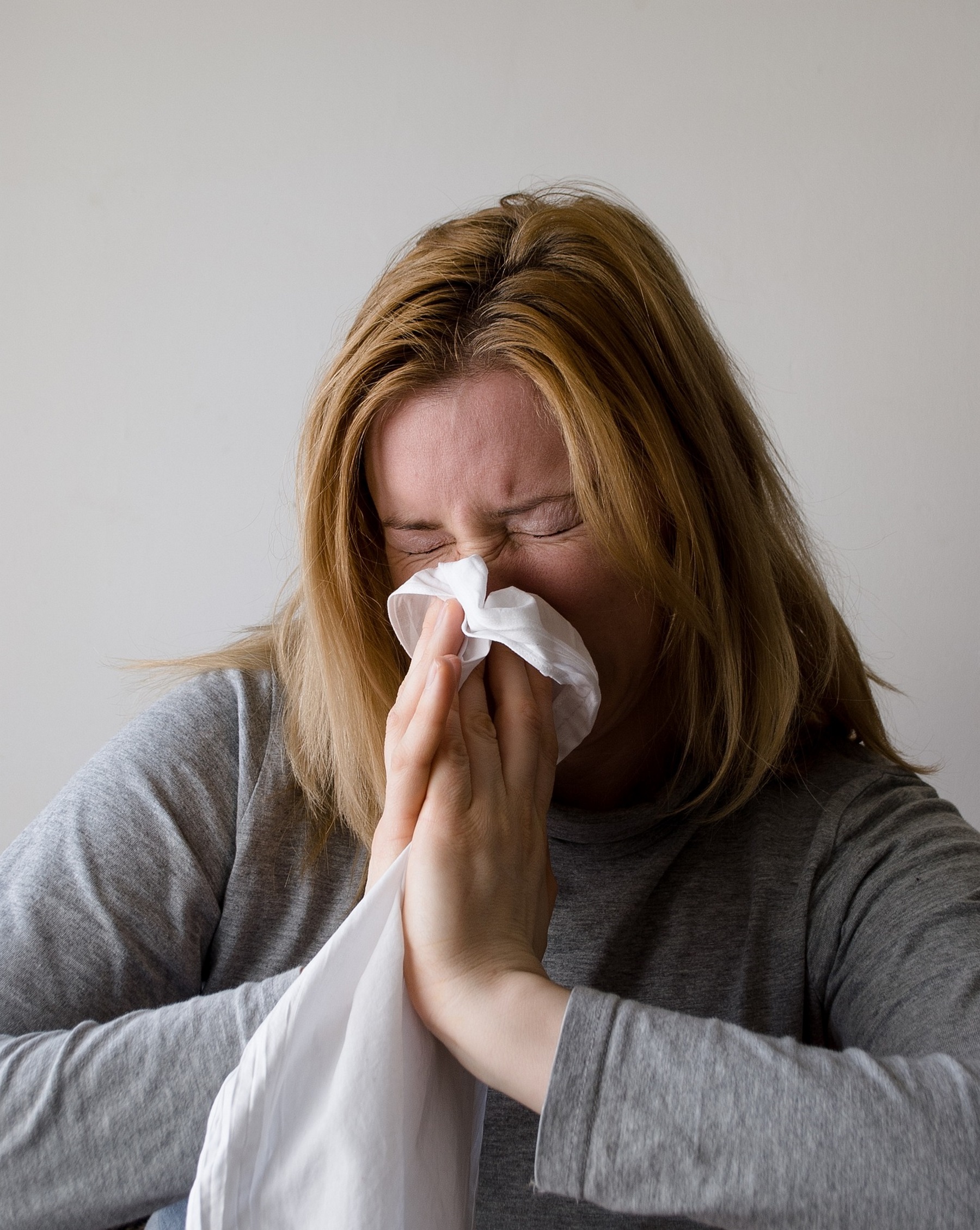How Pollen Affects Us Differently In The South

For many, pollen season means trips to the doctor or pharmacy as they deal with coughing, sneezing, congestion and other symptoms. Georgia has warmer winters, so plants don’t die or become dormant. That is just one of the factors that increases our exposure to pollen here in the South.
Pixabay
Antonio Wood moved from Alaska to Atlanta in 2009.
“I didn’t used to have allergies when I was in Alaska,” he said. “I moved to Georgia; I got allergies as soon as pollen season hit.”
Earlier this month, Atlanta’s pollen count reached over 4,600 grains per cubic meter, according to Atlanta Allergy and Asthma. At that time, it was the highest the pollen count had been since 2015, the Atlanta Journal-Constitution reported.
“I couldn’t breathe out of any of my nostrils,” Wood recalled.
The next week, the pollen count soared even higher, to over 5,000 grains per cubic meter.
People who have moved to the South from Northern states tend to develop allergies for a couple of reasons, according to Dr. Lily G. Hwang, an allergist at Atlanta Allergy and Asthma.
First, we have longer allergy seasons in the South, so there’s more exposure to pollen. Secondly, Georgia has warmer winters, so plants don’t die or become dormant. That increases our exposure as well.
In addition, people who live in areas with shorter seasons may only be exposed to the first phase of pollen. Hwang said this is called the “priming effect.”
“It’s usually sort of the initial runny nose drip and congestion,” she said.
If you live in an area where seasons are prolonged, you get the priming effect plus another blast of pollen, which creates more problems and symptoms.
“We see that with a lot of people who come down South because they’re not used to experiencing something like that,” Hwang said. “When they have a shorter springtime and shorter fall, the pollen doesn’t seem to cause much of a problem.”
Where Does The Pollen Come From?

Hwang said most of the pollen usually comes from hardwood trees. Atlanta Allergy and Asthma mentions oaks, willows, pines, sycamores, willows, beeches, grass and weeds.
Hwang said pine pollen is actually more of an irritant than an allergen.
“(Pine pollen) is a very large pollen,” she said. “And when they’re that large, they tend to not cause an immunologic response, and they cause more of an irritant response. And so, patients may think they may be allergic to all these other allergens, but they may just be having an irritant response.”
Pollution And The ‘Pollen Belt’
Pollution is also bad for allergies, and living in big cities can be draining on people who suffer from allergies.
Pollution, as it releases carbon dioxide, feeds the plants, and, in turn, creates more pollen, Hwang said.
“As government seems to be cutting back on some of the air quality control and efforts of the past, what we are going to see is more air pollution,” said New York-based allergist Dr. Clifford Bassett.
In his book titled “The New Allergy Solution,” Bassett said he refers to the South, which is often nicknamed the “Bible Belt,” as the “Pollen Belt.”
“When pollen interacts with some air pollutants,” he said, “it causes the pollen grains to split or explode,” making it easier for the particles to get into your eyes, ears and nose.
“In an area where you have warm temperatures, pollution and pollen, that’s what we call that ‘triple whammy,’” Bassett said.
How Does Atlanta Compare To Rest Of Country?
The Asthma and Allergy Foundation of America (AAFA) recently came out with its “Spring Allergy Capitals” report, which examined average pollen scores, higher-than-average usage of medicine and lower availability of board-certified allergists in the area.
The report ranked Atlanta as the 79th most challenging place to live with spring allergies out of 100 U.S. cities. Augusta, Georgia, was ranked 45th on the list.
The top 10 cities are:
- McAllen, Texas
- Louisville, Kentucky
- Jackson, Mississippi
- Memphis, Tennessee
- San Antonio, Texas
- Providence, Rhode Island
- Dayton, Ohio
- Syracuse, New York
- Oklahoma City, Oklahoma
- Knoxville, Tennessee
Beyond Pollen
Other factors can contribute to allergies, including genetics, according to Bassett.
“The best way to prevent your allergies is to choose your parents wisely,” he said. “You have to have the genetic predisposition.”
There are other allergens besides pollen like mold and dust.
Hwang, from Atlanta Allergy and Asthma, emphasized the importance of identifying your triggers and finding the treatment that works best for you.
Both Hwang and Bassett said that planning ahead can be part of that treatment.
“Patients will spend so much money reaching for these over-the-counter medicines, and sometimes they’re not effective,” Hwang said. “I always want to encourage patients, ‘If you’re using over-the-counter medicines, and you’re not getting any benefits, then it’s time to come in and see someone who is a specialist who can actually help them and change their quality of life.’”
Correction: This report has been updated to correct the pollen count measurement and the name of Dr. Lily G. Hwang.







